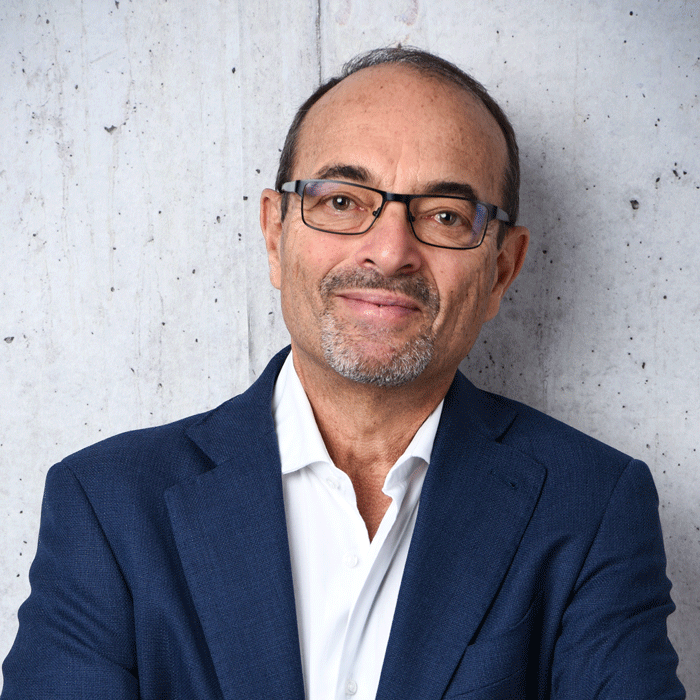The freeze-drying procedure is a common technique used in the food industry to dehydrate organic compounds. The technique, also known as lyophilization or cryodesiccation, is a method of food preservation by removing water content. Once the organic compound comes into contact with water again, it will resume its original properties such as consistency, taste, etc.
The process is quite complex, firstly water removal is performed by sublimation, thus the compound must first be frozen and then placed in a vacuum chamber.
The process may also generate a loss of aromas and an inducted porosity in the dried product. The removed aromas are often collected by condensation and separation, and then given back to the dry product with different methods.
Porosity measurements can have an important role in various steps:
- Influence the retention or the release of the aromas.
- Improve the re-adsorption of the aromas in the return phase.
- Improve or reduce the speed of dissolution of the product in water.
Understanding the porous structure of freeze-dried organic products is complex and requires a combination of various analytical techniques. The detection and the quantification of closed or open porosity is sometimes fundamental to evaluate the process efficiency and the related product quality. In this webinar we use the example of instant coffee, and a combination of techniques such as mercury intrusion porosimetry, gas pycnometry and gas adsorption.
